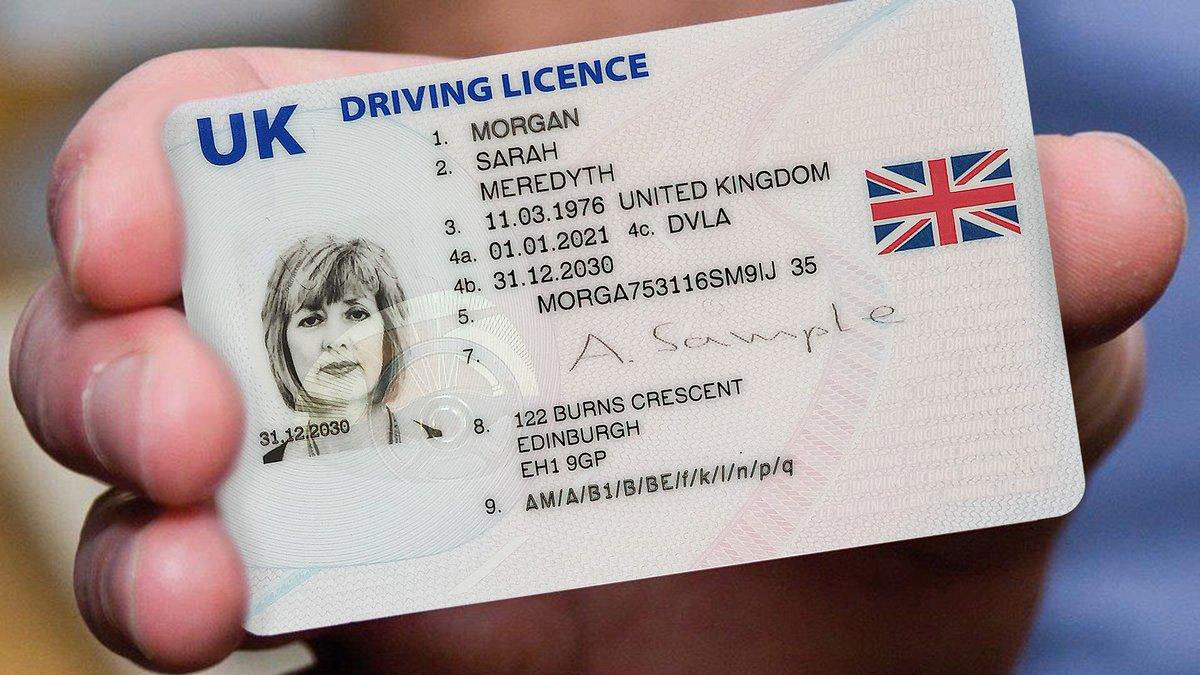Facial recognition software is nothing new, and there's a good chance you've been zapped by it if you've used an international airport recently. The technology has already raised concerns about privacy, discrimination, and the right to peaceful protest, as it's been controversially used at mass gatherings in the UK.
But now British authorities want to double down on their scanning program by giving police the right to use the photos on every registered driver's license when conducting facial recognition searches. That's 50 million people, the majority of whom have no criminal record, being searched without their consent.
The legal fine print that is likely to make this dystopian nightmare a reality is contained in a new Criminal Justice Bill being introduced by the Conservative government. It would give the police and the National Crime Agency (NCA) the right to compare a person's biometric data contained in an image, for example from CCTV, with the data on a driver's license. Authorities already use facial technology to check their database of images of known criminals, but this law would mean that law-abiding citizens would be subject to the same kind of search.
Because law enforcement's right to use license photos in this way isn't explicitly mentioned in the text of the bill, British academics have accused the government of "sneaking it under the radar," The Guardian reports.
“This is another slide down the ‘slippery slope’ of allowing police access to whatever data they so choose – with little or no safeguards,” Carole McCartney, a professor of law and criminal justice at the University of Leicester, told the newspaper.
“Where is the public debate? How is this legitimate if the public don’t accept the use of the DVLA and passport databases in this way?”
However, the UK Home Office told the Guardian that clause 21 of the bill would not automatically give law enforcement access to DVLA data.
“Any further developments would be subject to further engagement as the public would expect,” a spokesperson said.
Source: The Guardian

